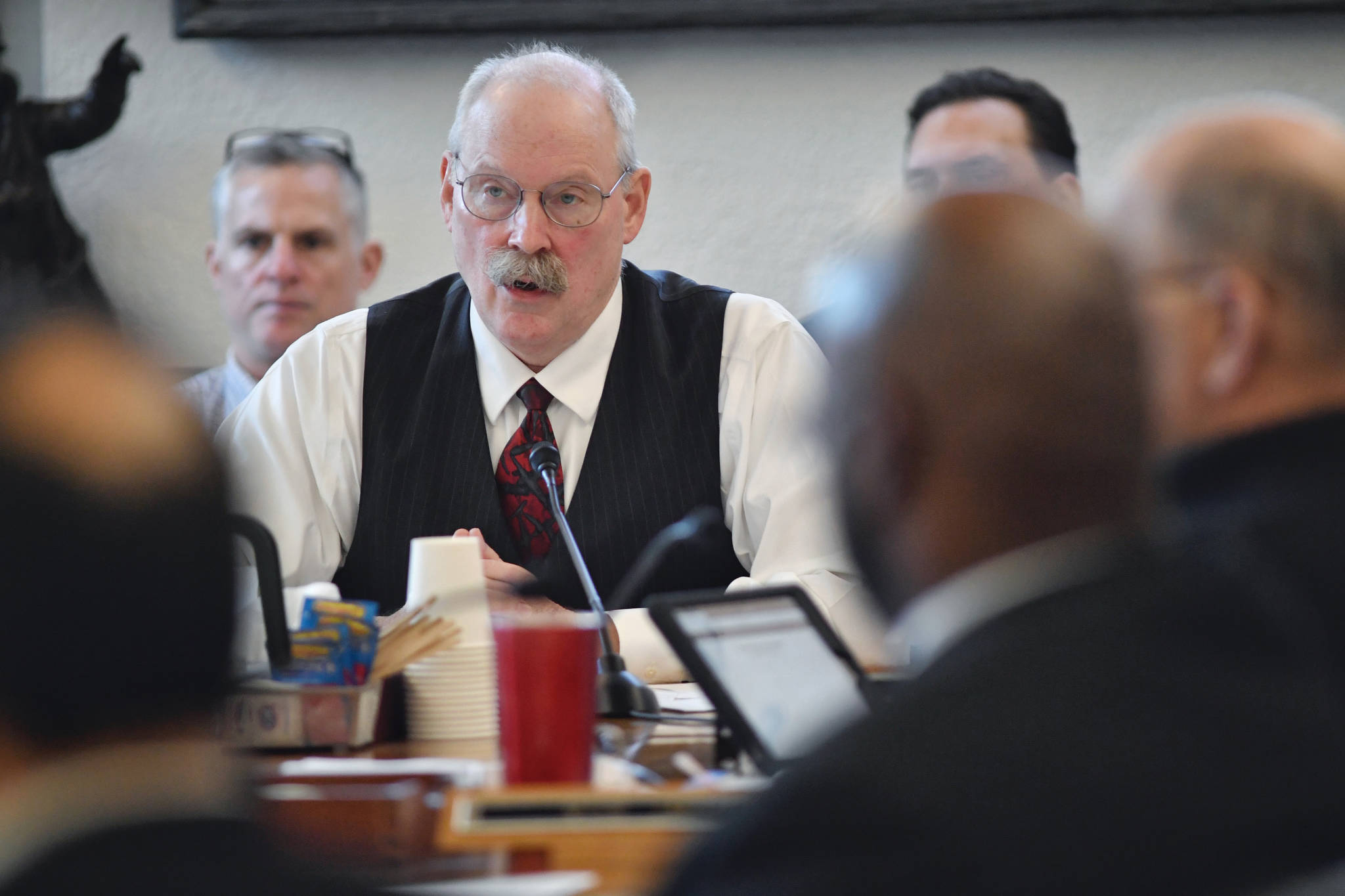Alaska lawmakers and the governor are jubilant after an unanimous U.S. Supreme Court ruling this week in favor of an Alaska hunter.
The National Park Service improperly banned John Sturgeon, an Anchorage moose hunter, from using a hovercraft on a river through a national preserve, the court ruled Tuesday.
The ruling limits the National Park Service’s authority to enforce laws and regulations on state-owned rivers in Alaska. Justices rejected the agency’s argument that the river was “public land” for regulatory authority and that the agency’s water rights interest gave it authority to make rules.
Gov. Mike Dunleavy praised the decision in a statement Tuesday morning.
“This David and Goliath story — a man and his hovercraft against the full weight of the federal government — is far too familiar for Alaskans,” Dunleavy said in a statement. “But a shining example of our Alaskan spirit and determination.”
Attorney General Kevin Clarkson and Department of Fish and Game Commissioner appointee Doug Vincent-Lang also issued statements saying this is a significant victory for states’ rights and for life in Alaska. Clarkson said the decision allows Alaskans to use waterways without dealing with “illegitimate restrictions imposed by distant federal authorities.”
[Senate approves fast-tracked disaster relief funds]
Vincent-Lang, who has spoken about wanting the state to have more control over its fisheries than the federal government, said the “waterways are our lifeblood” for Alaskans.
Senate President Cathy Giessel, R-Anchorage, called Tuesday “a great day for Alaska.”
Sen. Bert Stedman, R-Sitka and the co-chair of the Senate Finance Committee, looked at the decision specifically through a Southeast Alaska lens.
“The Sturgeon case settlement — especially 9-0 at the Supreme Court — is really good news,” Stedman said in a statement. “In Southeast, we have the Taku and the Stikine which are clearly navigable waters and the domain of the state, not the federal government.”
Alaska Federation of Natives (AFN) President Julie Kitka said in a statement that this decision also upheld multiple rulings in previous cases that provide protections for subsistence users.
“This is good news for the Alaska Native community and for rural Alaskan subsistence users,” Kitka said in a statement. “Our Board previously approved two principles related to the case: private landowner’s access to — and use of — inholdings within conservation system units; and no net loss to subsistence rights. This ruling accomplishes both.”
• The Associated Press contributed to this report.

